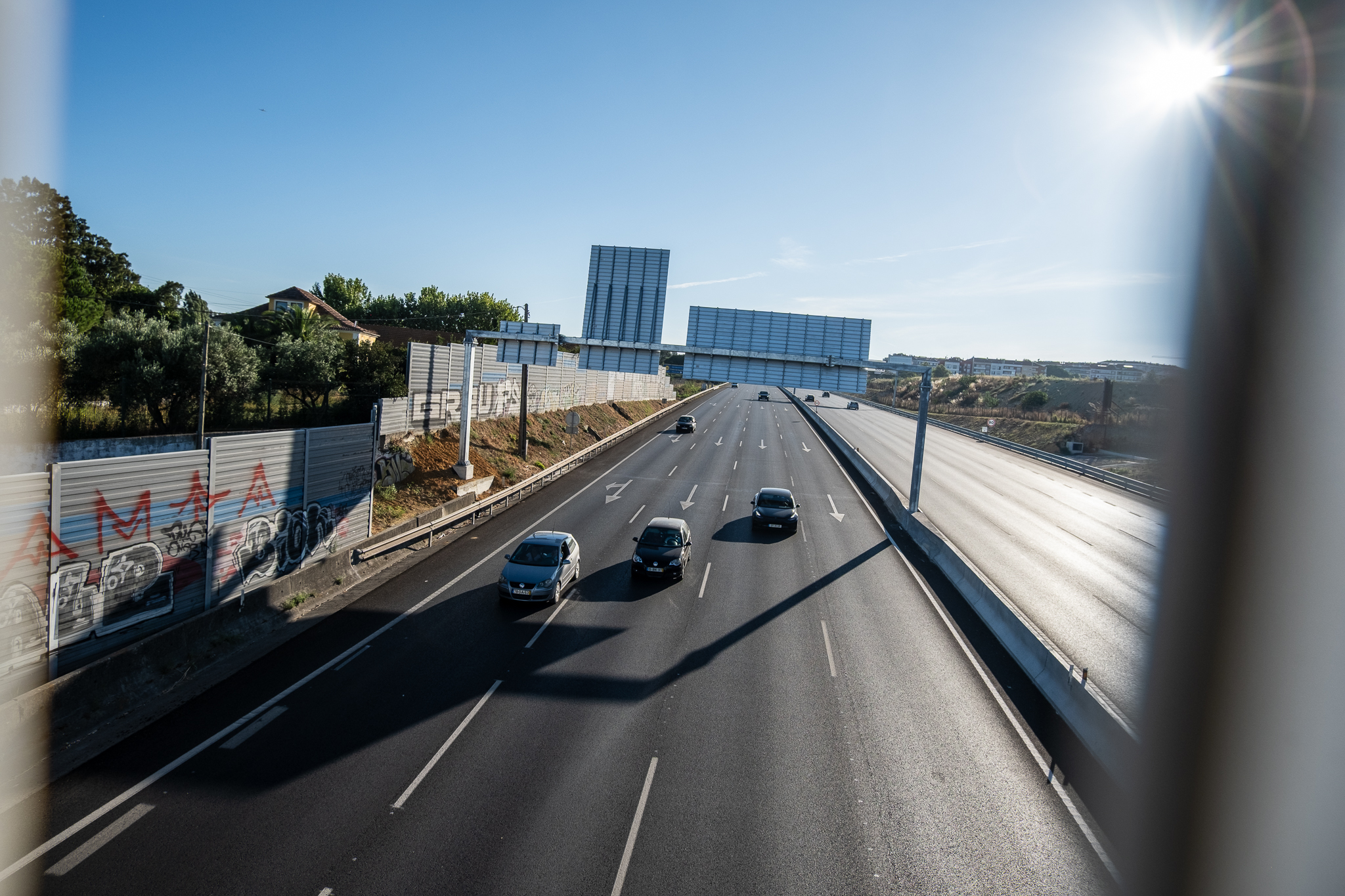The European Parliament calls on the Commission to "develop a specific European strategy for cycling, with the aim of doubling the number of kilometers cycled in Europe by 2030."

The European Parliament approved, on February 16th, a motion for a resolution to make the bicycle a "full-fledged mode of transport" and, through this text, "calls on the [European] Commission to develop a specific European strategy for cyclingwith the objective of double the number of kilometers traveled by bicycle in Europe by 2030″.
Although not binding in nature (it is only a recommendation), the implementation of the proposal is now in the hands of the European Commission, the executive arm of the Parliament (which has purely legislative functions). The parliamentary text has as its main drafter Karima DelliFrench MEP for the Greens/European Free Alliance group and chair of the Committee on Transport and Tourism.
Le Parlement européen veut plus de vélos 💙🚲 !
- Karima Delli (@KarimaDelli) February 16, 2023
Fierté d'avoir fait voter une Stratégie européenne du vélo qui va doubler le nombre de trajets en 2030. A la clé:
✅1 million green jobs
✅des 🚲 Made in Europe
✅voies/parkings sécurisés
✅places in trains
✅tva réduite pic.twitter.com/SE3TsthFqz
The motion for a resolution considered in the European Parliament joins problems that, many times, appear in the public debate isolated, such as the expansion of cycling infrastructure, the combination of the bicycle with other modes of transport, the safety of those who use it, the production of bicycles in the European area, and the creation of jobs in the area. In detail, the text talks about the following issues:
- at maintenance by local and regional authorities of the cycling infrastructure they built in response to the Covid-19 pandemicthrough its regular urban planning processes, and in the continued investment in new segregated bike lanes;
- at promoting intermodabilityby combining cycling with other modes of transport (more space for bicycles on trains, secure parking places for bicycles at stations and transport interchanges, etc.);
- at inclusion, whenever possible, of cycle paths parallel to railway lines and secondary roadsThe use of bicycles to improve connectivity between suburban areas and urban centers, in particular through bicycle highways; and also in support of bicycle tourism and bicycle use in rural areasby accelerating the development of the EuroVelo network;
- in the implementation of shared bicycle systemsIn addition to this, we are also looking for a solution for short trips ("last mile") in urban nodes;
- on support for the production of bicycles and components in the european areathus stimulating the competitiveness of EU industry in this field, as well as encouraging the creation of high-quality jobs. And also in recognition of the electric bicycle battery industry and in the role of circular economy in this sector;
- at definition of common guidelines on the safe use of bicycles (helmets, age restrictions, child transport, etc.); in the execution of educational campaigns and training actions, namely information campaignsto raise road safety awareness and contribute to the safe use of bicycles and electric bicycles; no compliance with the rules of the Highway Code that already exist in order to ensure the respectful coexistence of the different means of transportation; and in improving intelligent transport system technologies for other vehicles so that they will perform better when it comes to recognizing people on bicycles on the road;
- at the need for the European Commission to complete its work on guidelines on quality requirements for safe cycling infrastructure and high quality, provided for in the Road Safety Directive (2019/1936), so that these guidelines can guide urban planning for new infrastructure;
- at accessibility of bicycle use for people with reduced mobilityat affordable prices; and also the vulnerable groups, such as women and the elderlyThe need to support people most affected by "mobility poverty" in buying bicycles or using shared services;
- on potential of electric bicycles to increase bicycle use; and in promoting safe, secure bicycle parking spaces and electric bicycle charging capabilities in housing planning;
- on encouragement by companies, public organizations and other institutions to promote cycling through specific incentivesThis includes programs for employees and the installation of sufficient bicycle parking spaces with chargers for electric bicycles, as well as the provision of adequate sanitary facilities;
- at reduction by member states of VAT rates applicable to the purchase, rental and repair of bicycles and electric bicycles, as Portugal did at the beginning of the year.
The European Parliament's proposal, which was debated on February 16 and approved by majority vote, notes that bicycle use increased after the Covid-19 pandemic and with the rising price of fossil fuels resulting from the war in Ukraine and subsequent energy crisis. The text also calls on the European Commission to designate 2024 as the European Year of Bicycle Use - similar to what it did in 2021 with rail transportation.
Parliament recognizes that "bicycling promotes several benefits, such as improved health, reduced road congestion and noise pollution, improved air quality, economic growth, and environmental and social benefits"and also that "the bicycle is a relatively inexpensive mode of transportation that most citizens can afford, and it promotes a sustainable economy".
You can consult and download the full proposal here below:







